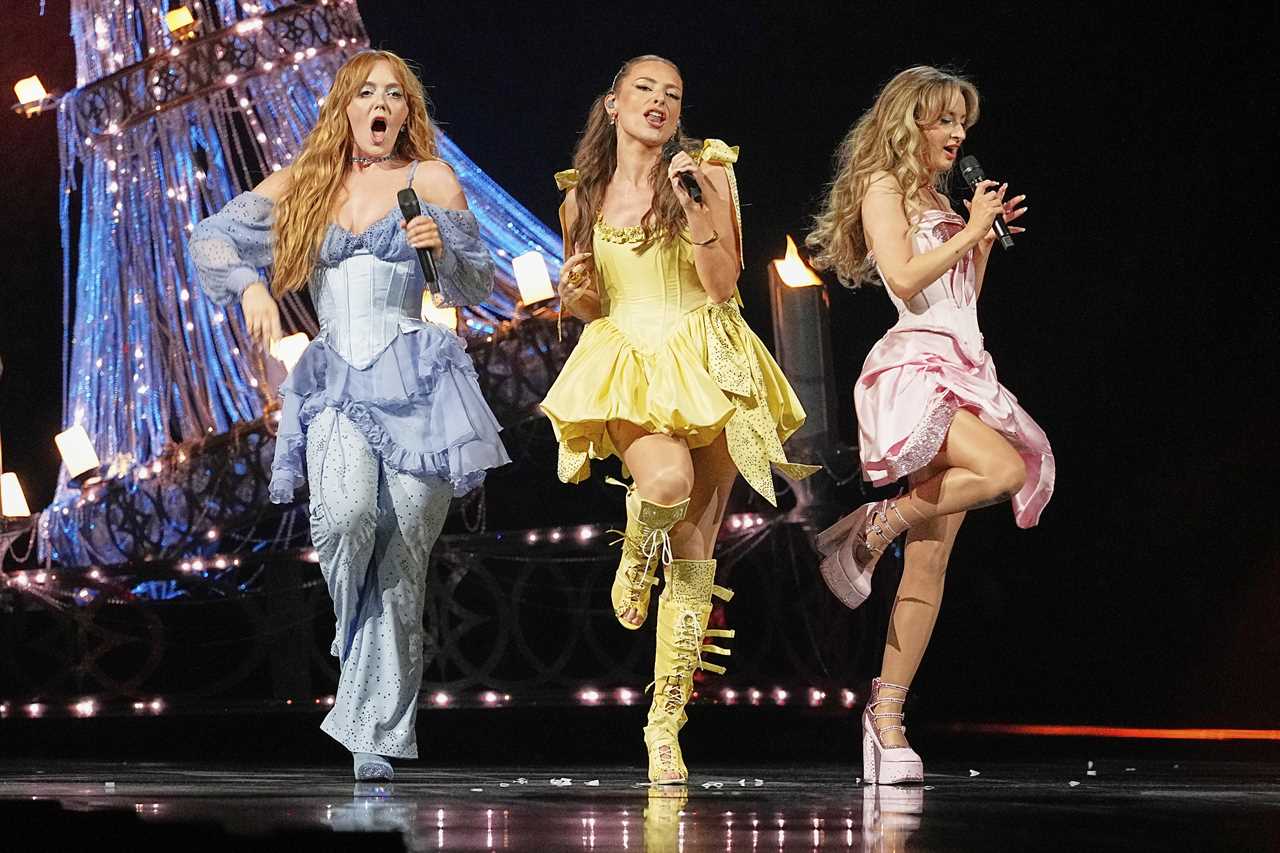
Once again, the UK faces a sobering defeat in the Eurovision Song Contest, with girl group Remember Monday landing in 19th place after their performance of "What The Hell Just Happened?" received zero points from the public. This outcome underscores the complexity of the competition landscape as Austria's JJ emerged victorious after a fierce battle among 26 acts in Basel, Switzerland.
Interpreting Eurovision Results Beyond Scores
While Remember Monday's 88 points from the jury showcased some merit, the lack of public support highlights broader attitudes towards the UK's entries. The intricacies of Eurovision, blending artistry with national allegiances, offer a window into cultural perceptions and musical tastes across Europe. How can the UK navigate these varied preferences to resonate with a diverse international audience?
Global Impact of Eurovision and Musical Representation
Austria's JJ clinching the top spot signifies not just a personal victory but also a broader statement on the power dynamics within Eurovision. With over 160 million viewers worldwide, this platform holds immense influence in shaping perceptions of music, performance, and identity. How does Eurovision reflect and challenge prevailing norms in the music industry, especially concerning diverse voices and narratives?
Safety Concerns and Disruptions at Eurovision
Amidst the competition fervor, disturbances during Yuval Raphael's performance underscore the security challenges at such high-profile events. The incident involving paint being thrown and subsequent police intervention raises questions about safeguarding artists and staff at major cultural gatherings. How can organisers balance artistic freedom with ensuring a safe and inclusive environment for all participants?

Inclusivity in Eurovision Voting Mechanisms
The intricate voting system, a blend of public and jury inputs from various countries, reflects the complexity of Eurovision's democratic process. As viewer votes and industry opinions converge, questions arise about the representation and fairness of the selection process. How can Eurovision continue to evolve to uphold transparency, diversity, and authenticity in its voting mechanisms?
In conclusion, the Eurovision results offer a poignant reflection on the UK's position in the global music arena and the broader cultural dialogues that unfold on the Eurovision stage. As we dissect the outcomes and implications of this year's contest, we are reminded of the multifaceted nature of music, performance, and identity in a world where diversity and inclusivity stand as paramount virtues.
Did you miss our previous article...
https://thecelebreport.com/television/debunking-speculation-examining-katie-alexanders-smile-amid-relationship-rumours






